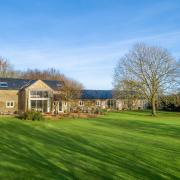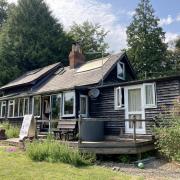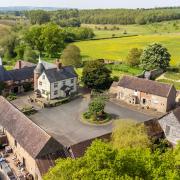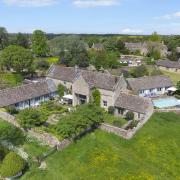Farming is constantly adapting to the challenges it is required to meet, and that is certainly true at the moment
Brexit has resulted in new domestic legislation being introduced by the UK Government which has brought forward a plethora of new schemes to support farming and encourage sustainability. Of course, farmers have been moving towards sustainable methods, but the new Environmental Land Management scheme (ELMS) will accelerate this progress.
The first scheme under ELMS to be released this autumn is the Sustainable Farming Incentive (SFI), which for the Cotswolds will have the underlying aim of protecting and improving soils. By 2024, two further schemes will commence: The Local Nature Recovery (LNR) and the Landscape Recovery scheme, which will have targeted actions for specific wildlife and landscape benefits. But to be maintainable these schemes must run alongside the most important aspect, and that is for farmland to produce food. Recent months have seen a rise in input costs for farming such as fertiliser and fuel and further exacerbated by the Ukraine conflict. A key driver for change, much like any other industry, will be the economic evaluation of the business, but more importantly the driver of consumer demand wanting sustainability.
Farmland will be a solution to sustainability, and agriculture has an important role. From physically producing energy – whether it be solar, wind or anaerobic digestion – farmland can also capture carbon and be a solution to inset carbon in the UK. Whether by changing to such practices such as regenerative agriculture, organic farming or simply minimum cultivations, agriculture will resolve to be a key player in a sustainable future.
These opportunities will see transformations that will continue to see farmers and farmland being able to provide opportunities for being part of the climate solution. This increasing paradigm shift to more environmental sustainability will see more farmland birds, wildlife and better soils; all a benefit to the Cotswolds. The Cotswolds won’t return to be a major producer of wool as it once was, but there is a definite move by Cotswold farmers to farm in harmony with nature in a sustainable way. This sustainable farming will lead to a healthier Cotswolds and one we can continue to enjoy.



























